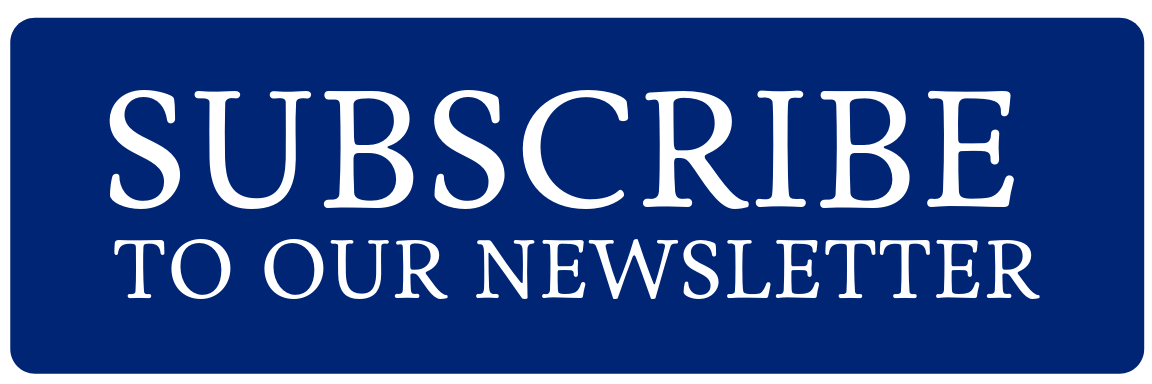Jamie Clark takes us back through time to discover the humanity and humor she found in the words of revolutionaries while transcribing an issue of The Massachusetts Spy from the Museum’s collection
The year is 1773 and the city is Boston. The beginning of the Revolutionary War is just two years away. Just months ago, the Tea Act was passed by Great Britain’s Parliament. This Act, considered reprehensible by many of your neighbors, granted the British East India Company a monopoly on tea importation and sales in the colonies. Your opposition to this Act has been growing in the past months, and your anger has been festering like a pot about to boil over. What can you do?
For many, the answer to this question was simple: write.
The Massachusetts Spy was a political journal published by Isaiah Thomas in Boston in the 1770s. Like many papers at the time, the journal offered opportunities for merchants to post advertisements, a place for people to post obituaries or other notices, and even accepted poetry submissions. However, The Massachusetts Spy largely covered opinion pieces concerning the increasingly volatile political climate that was developing in Boston. This journal was an opportunity to voice opinions, however harsh or scathing, in the same spirit the First Amendment would eventually embody.
What Was Inside
This issue (Vol. III, Numb. 150) was published on December 16th, 1773 – the day of the Boston Tea Party. In response to the Tea Act, a group of colonists known as the Sons of Liberty disguised themselves as Mohawk Native Americans, boarded three British ships sitting in Boston Harbor, and dumped the tea on board into the water. Although news about the Boston Tea Party was already spreading, this issue only briefly mentions the event, saving the entire story for an issue that would provide better coverage.
The front-page story for this issue was written by an anonymous “Q. E. D.,” who wrote a cutting, scornful, and satirical “guide” for the British to reduce their empire’s size. In a bullet list, Q. E. D. listed every misdeed that he perceived the British government to be doing to the American colonies, including the issuing of taxes without representation in Parliament and the misappropriation of those taxes. He compared the British Empire to a cake, which “is most easily diminished at the edges;” implying that Great Britain was on the brink of losing the edges of its empire, the American colonies.
Another piece in this issue was an open letter to the acting Governor of Boston at the time, Thomas Hutchinson. “To Mr. Hutchinson,” it read, “The succession of interesting events flowing from your Machiavellian projects is so rapid that the genius of a Voltaire would find itself embarrassed.” The author of the letter, E. Ludlow, even mocked Great Britain’s army and debt in comparison to other European countries at the time. The letter was critical, matter-of-fact, and also addressed the Boston Tea Party and attacked Hutchinson for not taking action, claiming that tea, “the idol of America, is now upon trial.”
The Massachusetts Spy also included excerpts and resolves from the Committees of Correspondence from various towns in the Boston area, all of which centered on the Tea Act. Most resolves from these committees claimed support in Boston’s refusal to bring the tea to land. A different piece actually referenced Mr. Rotch of the Dartmouth, the owner of one of the ships that the Sons of Liberty boarded during the Boston Tea Party.
The Process ~ A Q&A
Was this paper difficult to transcribe?
This journal was printed on large pieces of paper with an extremely small font size. This made transcribing the document time-consuming, I went through two legal pads handwriting the first transcription! The final, typed transcription came out to 11,119 words and 27 pages.
Were you able to discern the paper in its entirety, or did you have to fill in the blanks?
In 1773, there were different writing norms than we use today because of the way language has changed over the years. For instance, some spelling used in the paper would be considered British today, such as the use of “colour” instead of “color,” or “favour” instead of “favor.” There was also a commonly used letter for ‘s’ that looked eerily similar to an ‘f’ which made some words confusing at first glance. This copy of The Massachusetts Spy was nearly 245 years old and therefore fading in some places, so some words were missing while others were simply difficult to discern.
Despite the paper’s age, did you enjoy reading it?
This paper was thoroughly entertaining to read! Some entries were hilarious while others practically radiated anger, some were sad and others romantic. Even the advertisements had their own character, especially ones concerning drugs or medicine (apparently raisins and English oatmeal were considered medicine!)
What was the most important thing you learned from this process?
The most striking thing about transcribing The Massachusetts Spy was the realization that in the 245 years since this paper was written, people have been writing in similar ways for similar reasons. There were touches of humanity and emotion throughout the paper that served as a reminder that real people drove history, not faceless names and dates.




